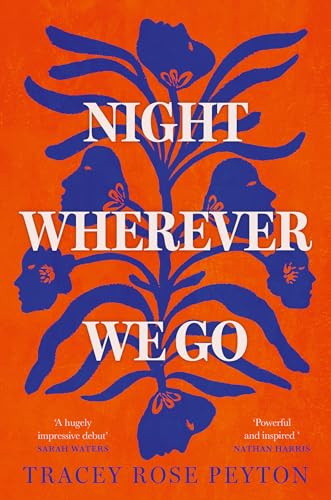What do you think?
Rate this book


304 pages, Paperback
First published April 27, 2023
1852, Texas. The Harlow family owns a struggling plantation. To turn their fortunes around, they decide to hire a “stockman” to impregnate their women slaves. The enslaved women get to know of this scheme and group up to figure a way around the problem. Each of them has a different opinion about the issue, but they know that if they have to survive, they need to work as a team, and without being discovered.
The story comes to us in a limited third person narration of various characters, but at times, it dips into an unidentified first person plural.
She was tempted to run as far as she could, but the problem was, that wasn't very far. She had a better idea than the other women what lay at the end of most attempts -- more land, little food, and an infinite number of white men with guns. And what she understood more than most about all those white men with guns in this strange and new country was how arbitrary and varied their cruelty could be.